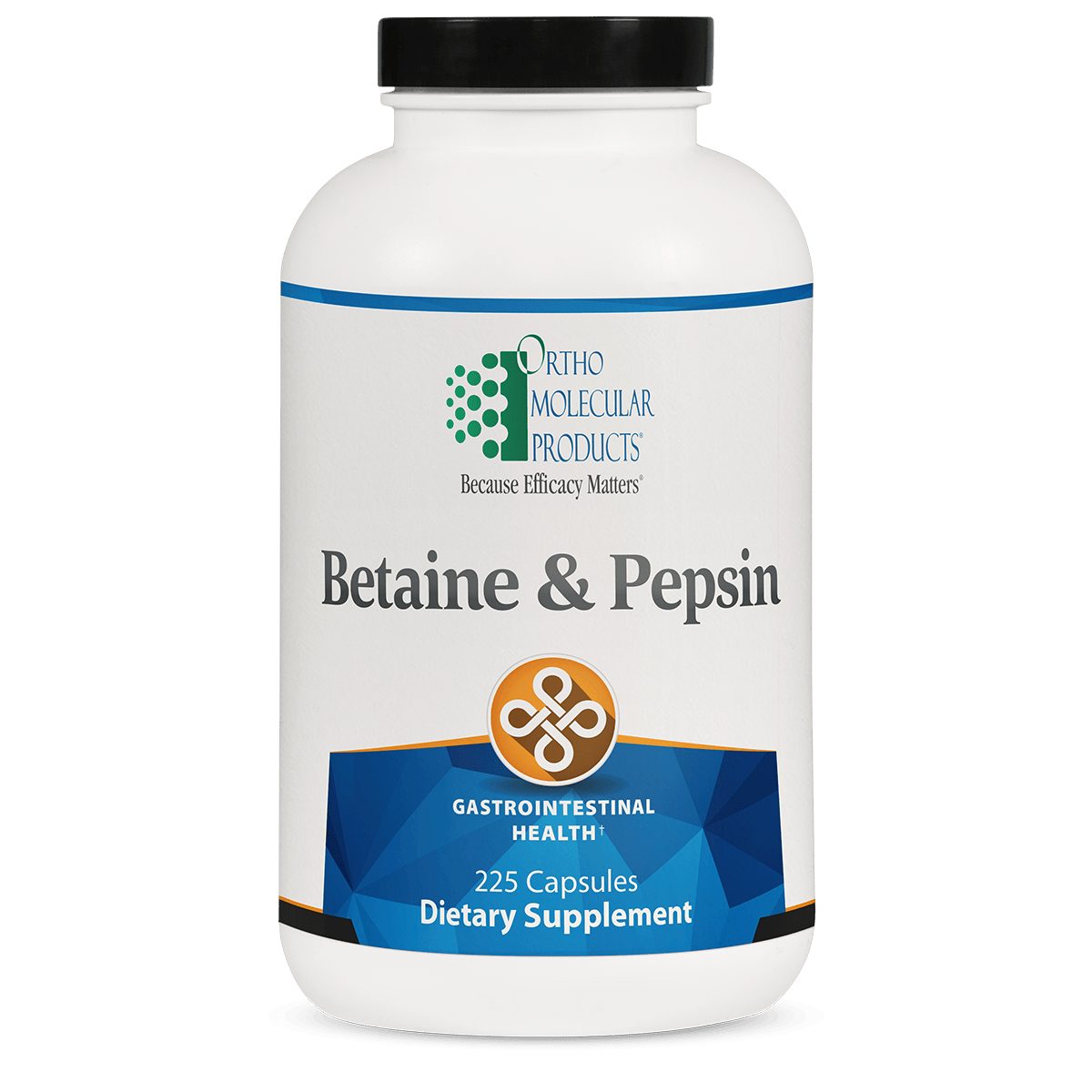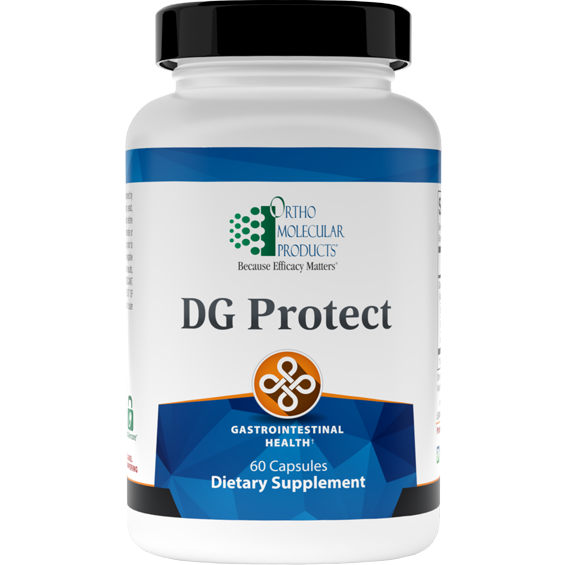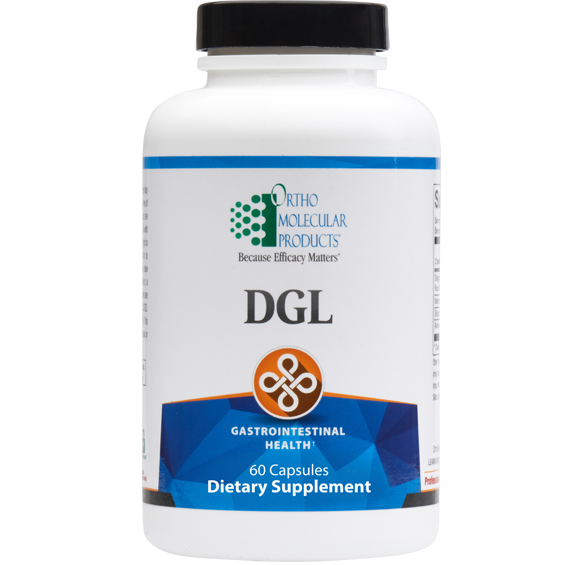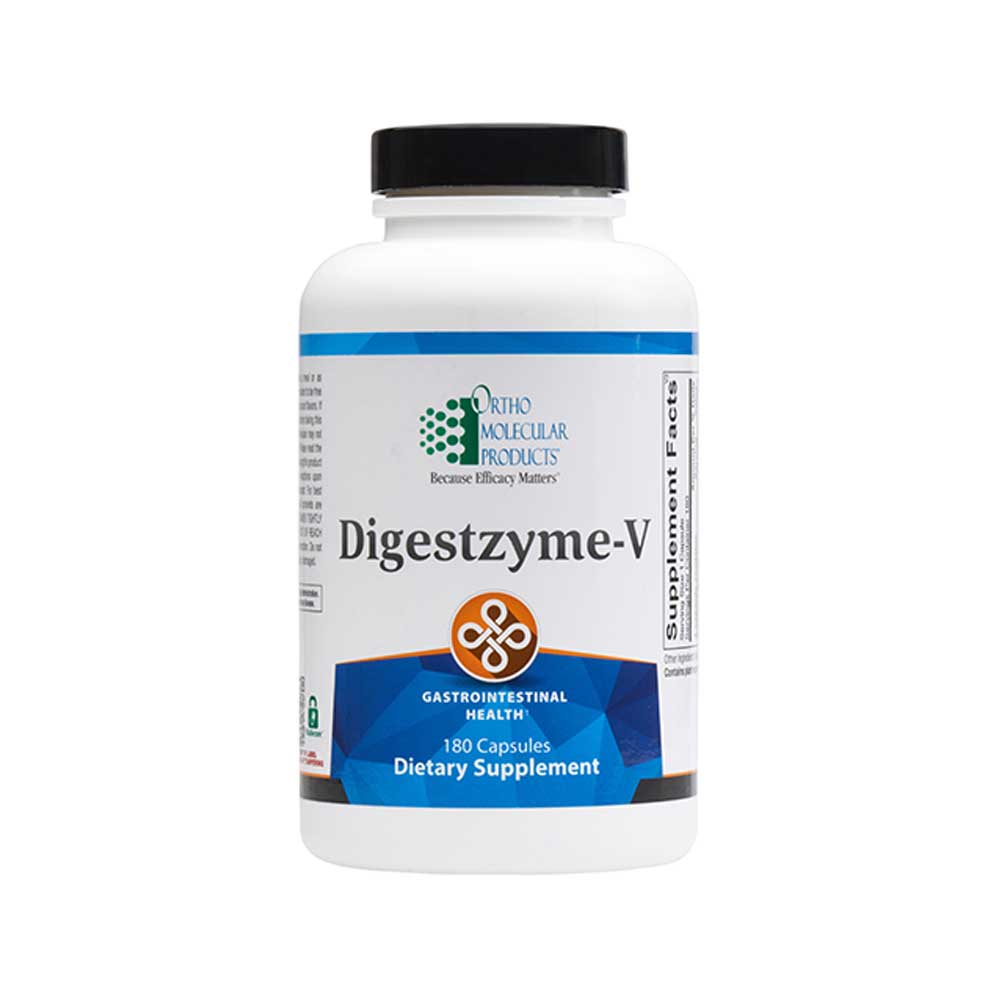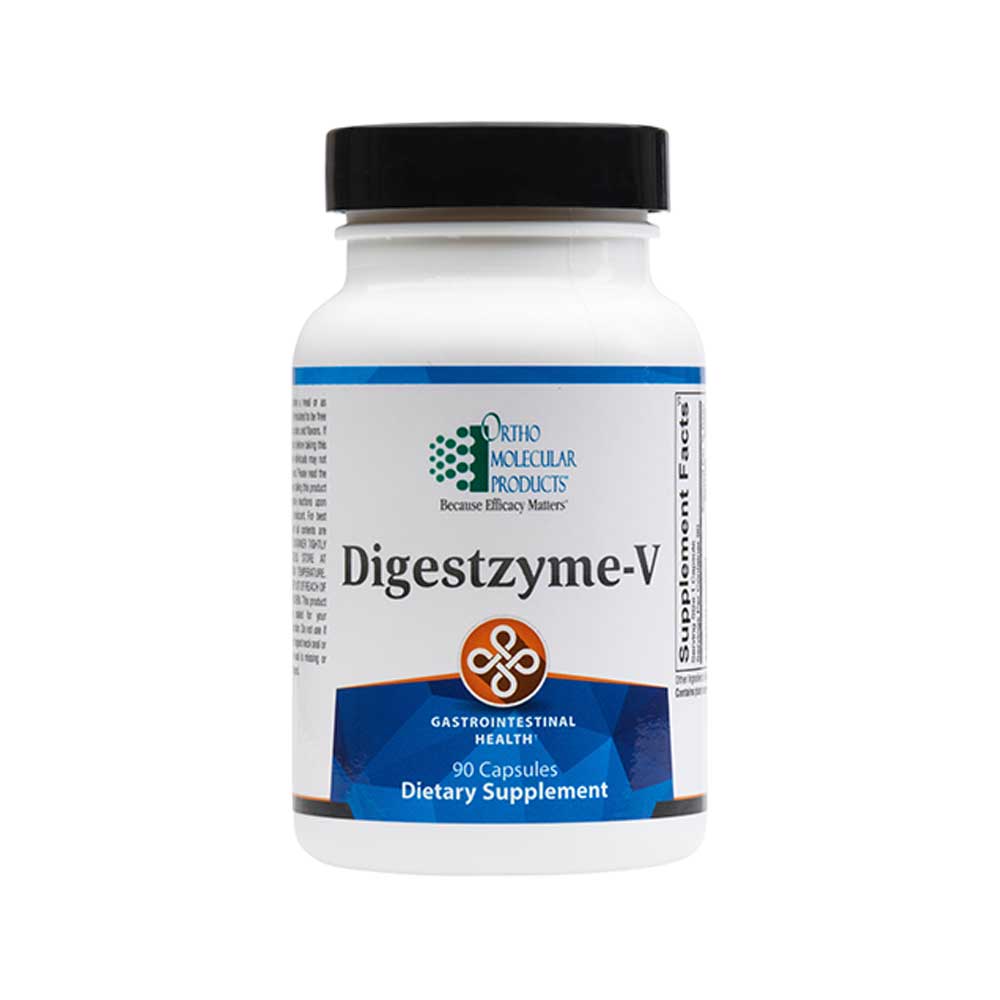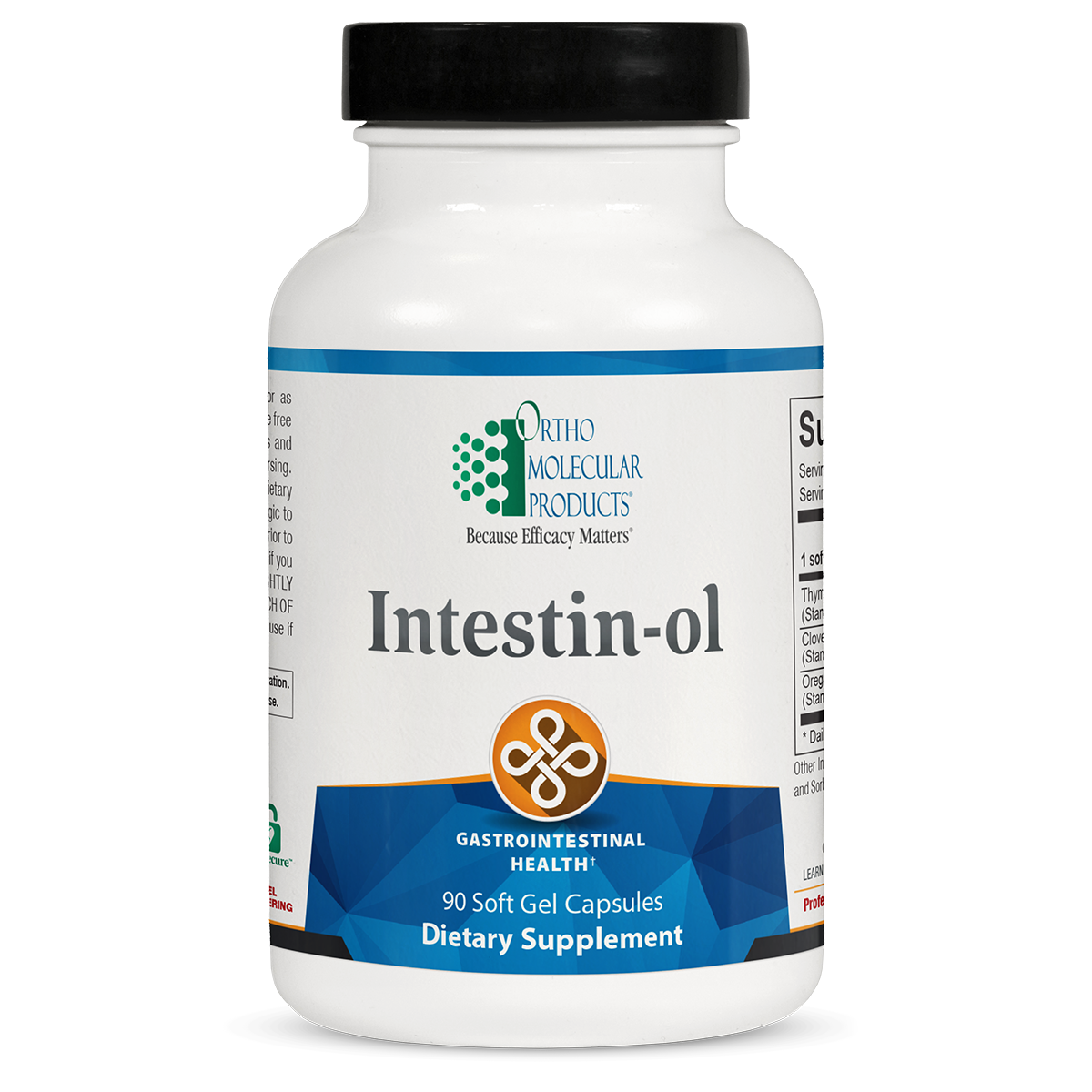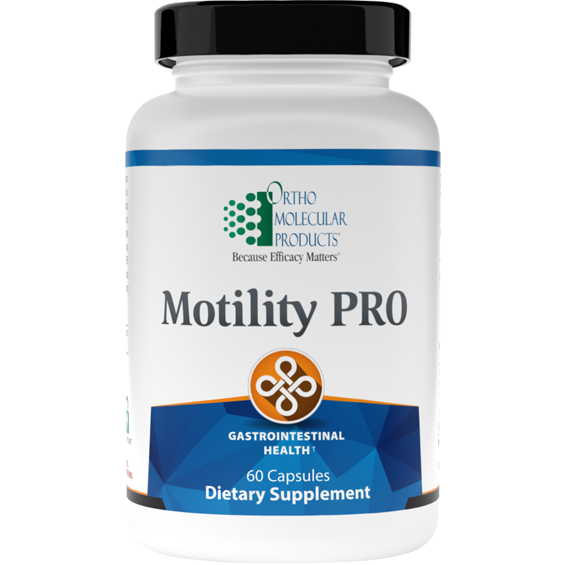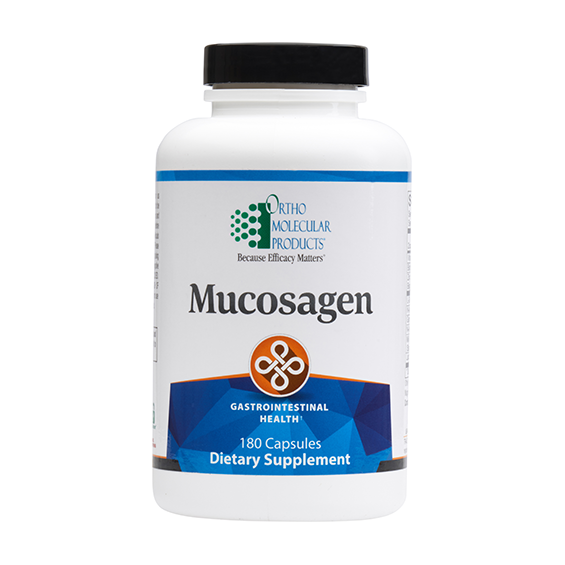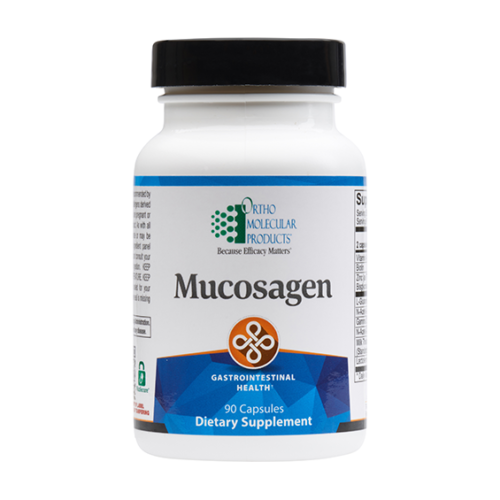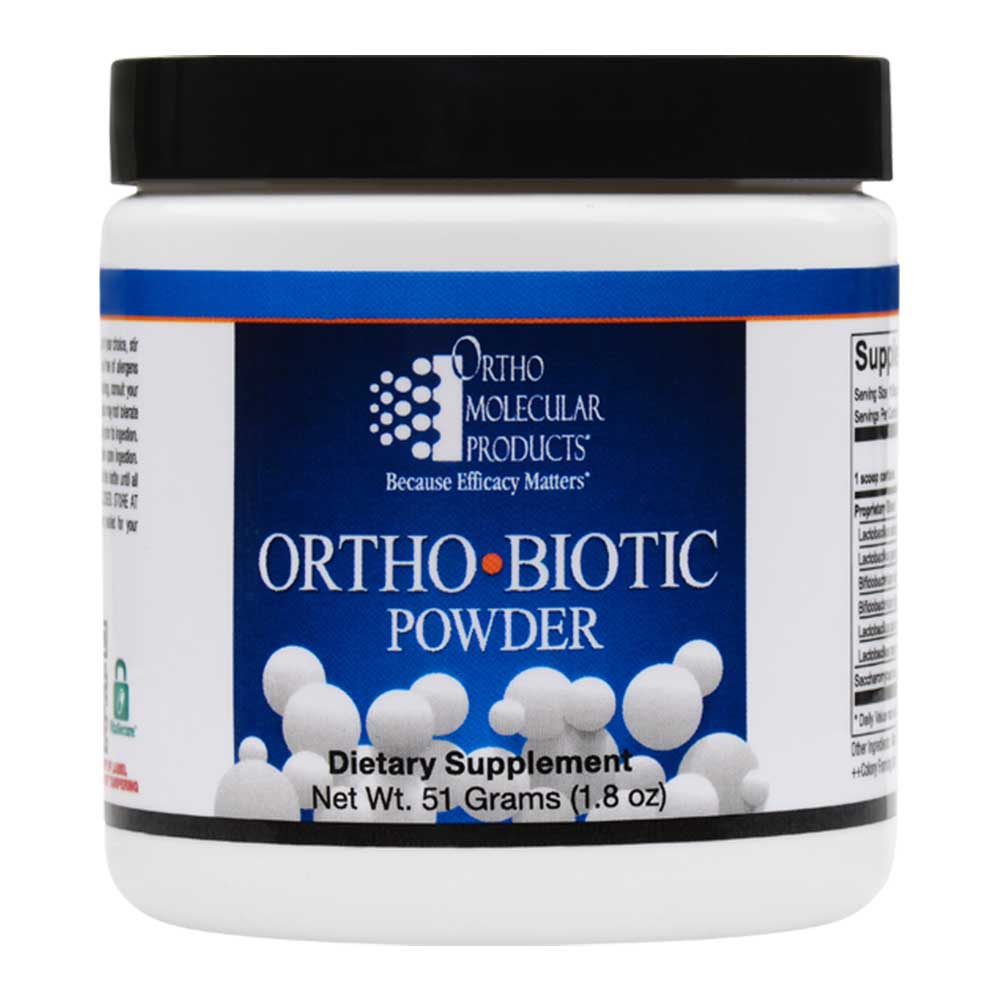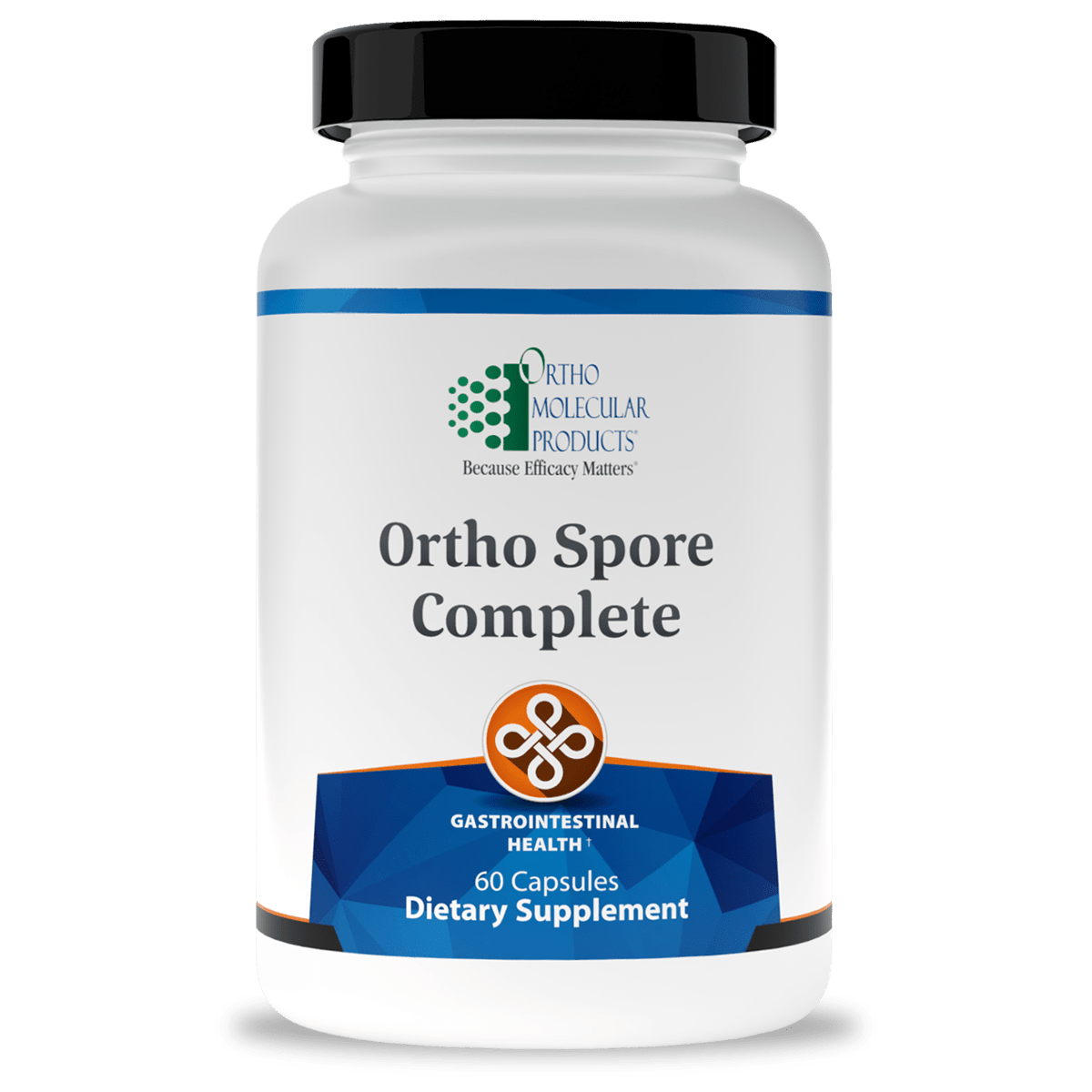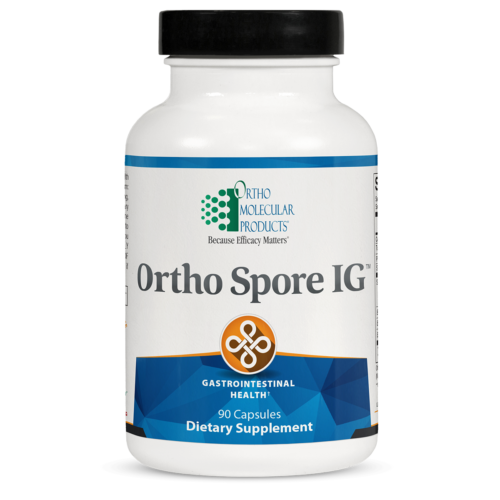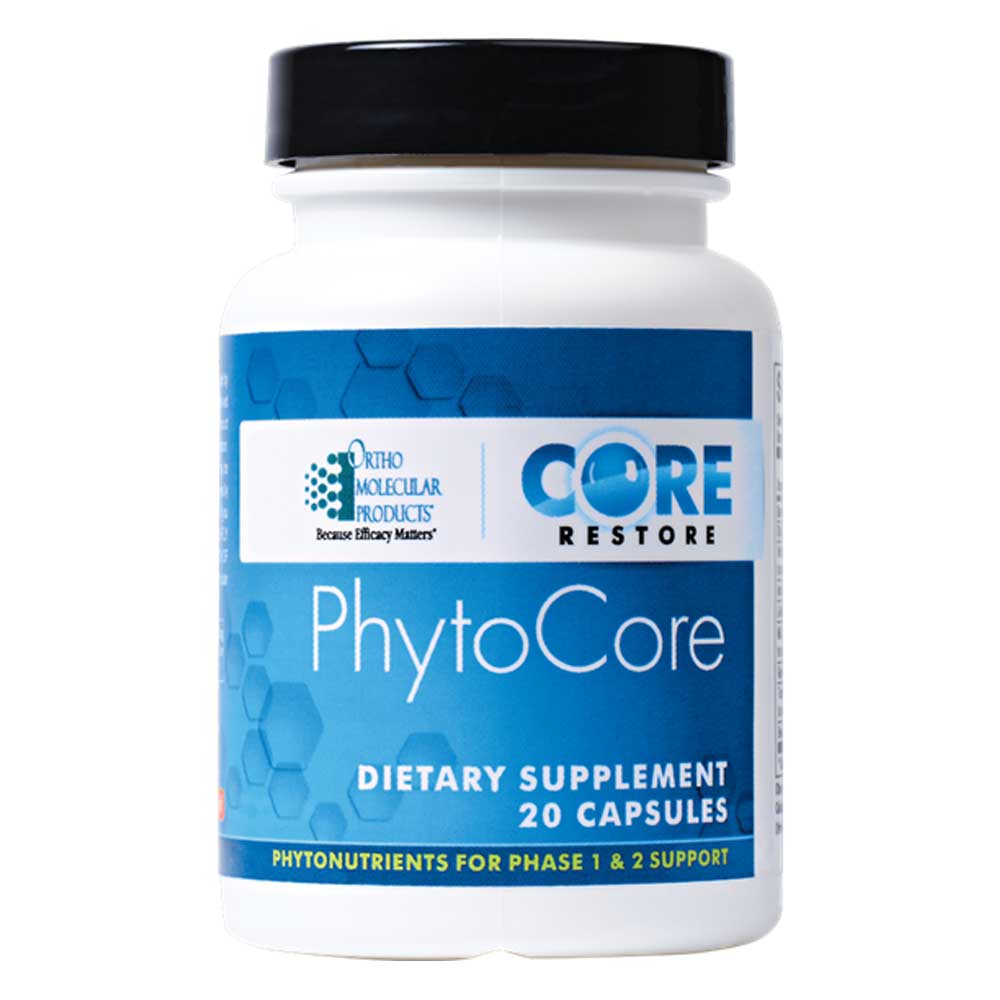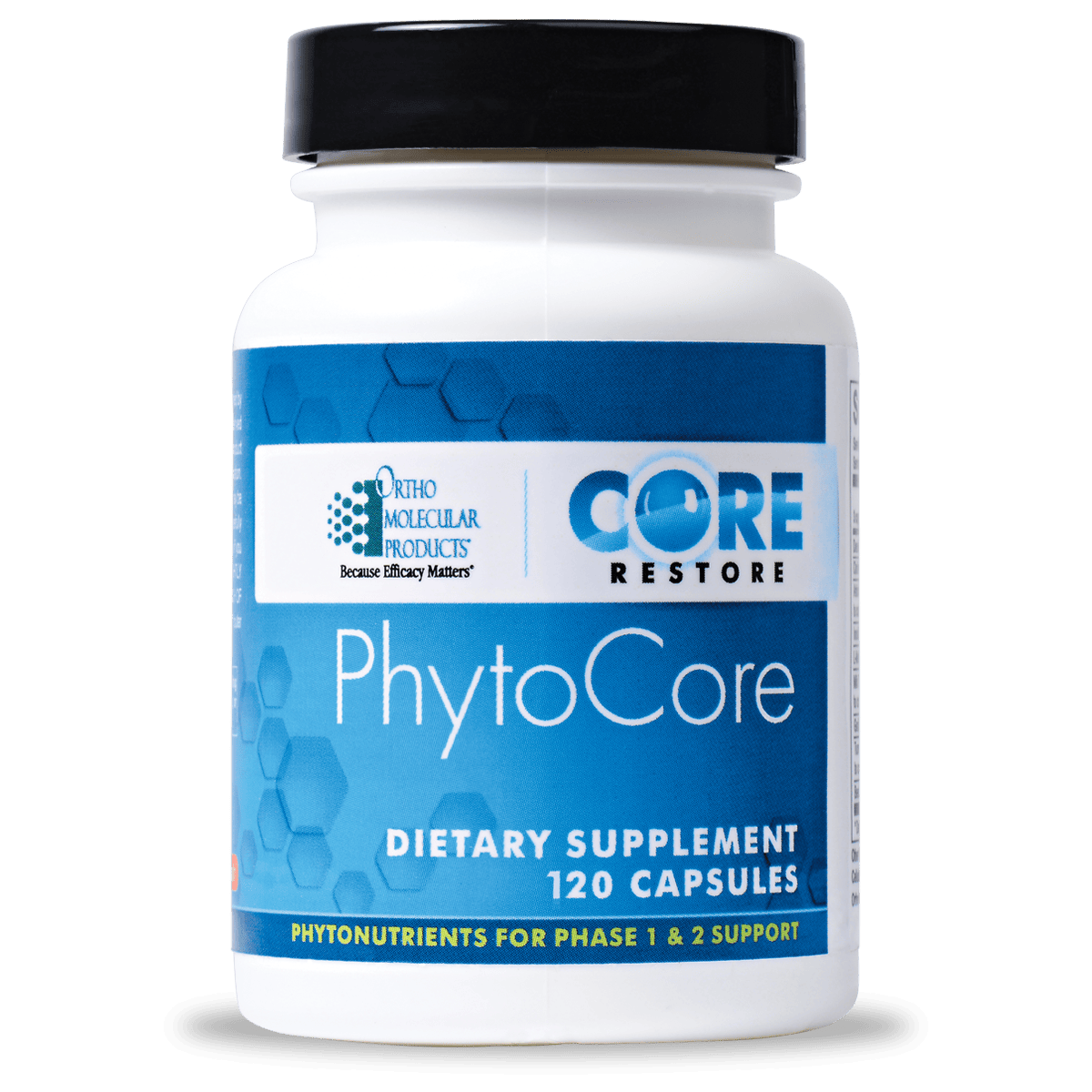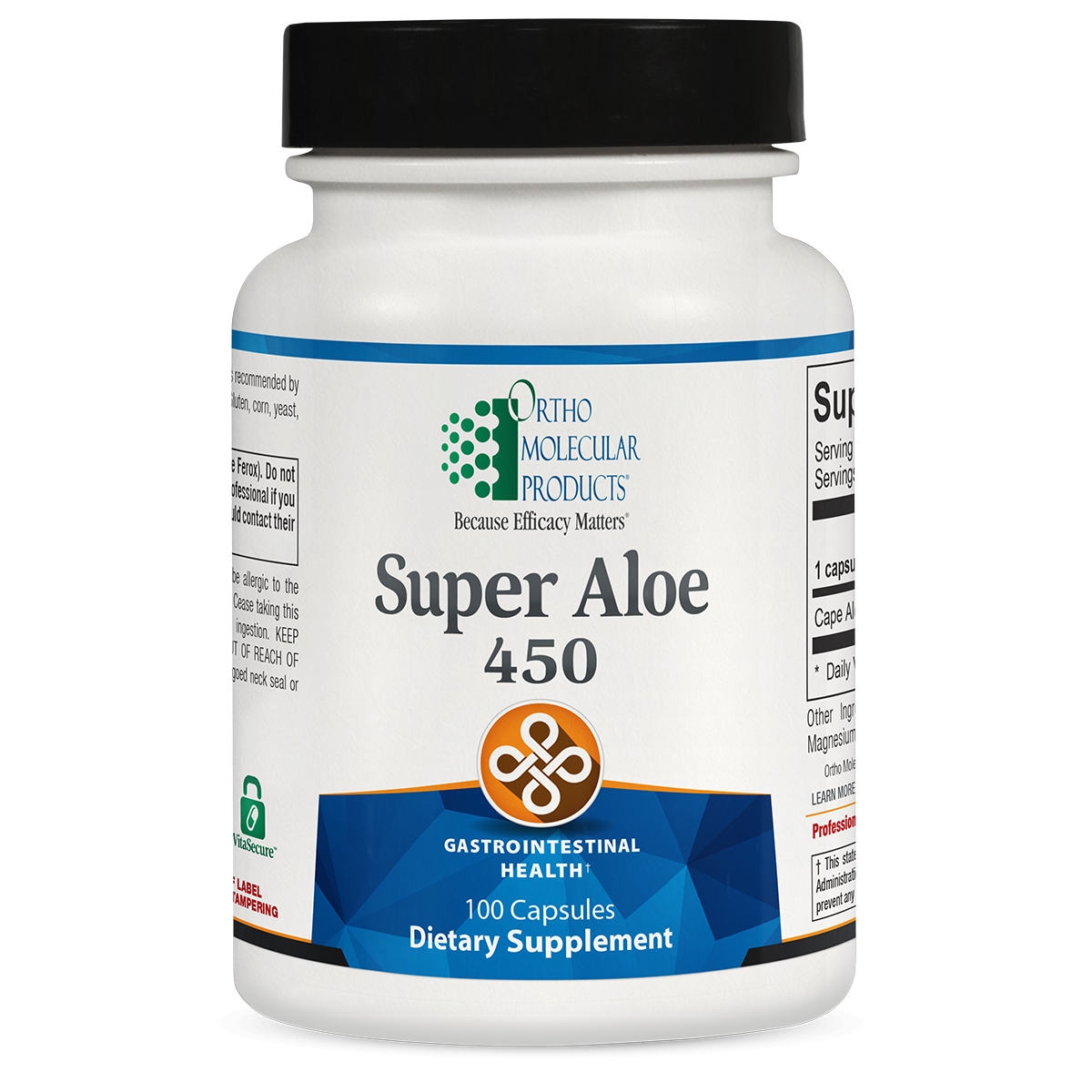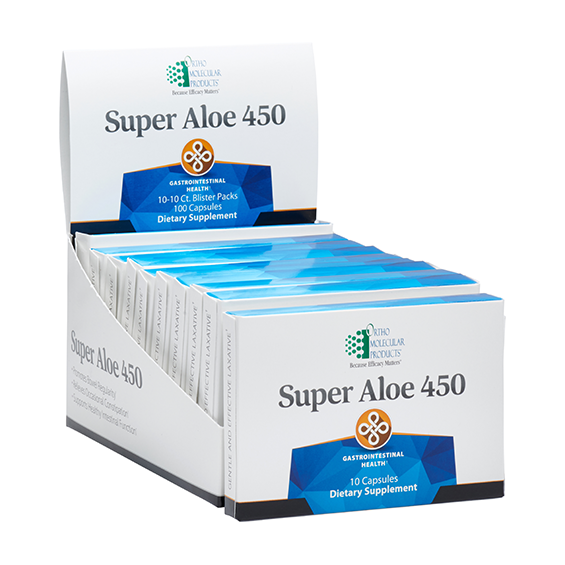Betaine & Pepsin provides hydrochloric acid to help maintain gastric pH and supports overall nutrient absorption.
-
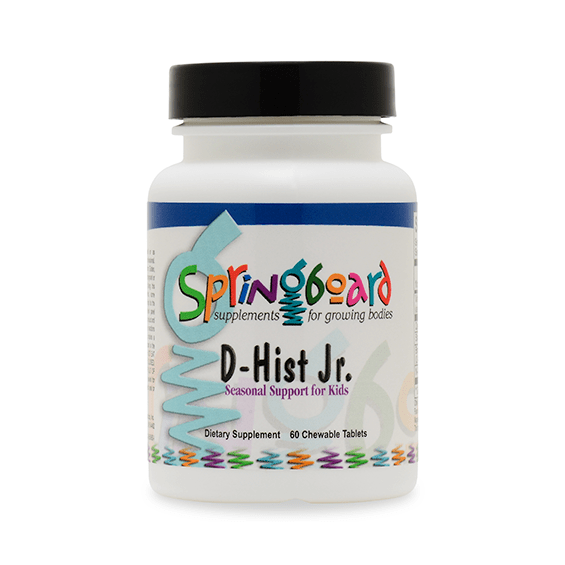 D-Hist Jr. is a great-tasting, chewable tablet that includes a targeted blend of flavonoids, antioxidants, proteolytic enzymes and botanicals designed to provide comprehensive support for children with seasonal challenges caused by common environmental allergens. D-Hist Jr. includes quercetin, a powerful flavonoid to support healthy histamine levels. It supplies bromelain to enhance the absorption of quercetin and to support mucosal tissue health and stinging nettles leaf to balance hyper-immune response. N-acetyl cysteine clears the airways by promoting normal viscosity of mucus. This unique nutritional combination safely promotes healthy nasal and sinus passages for children with elevated histamine and respiratory irritation. Suggested Use: 1 tablet as needed or as recommended by your health care professional
D-Hist Jr. is a great-tasting, chewable tablet that includes a targeted blend of flavonoids, antioxidants, proteolytic enzymes and botanicals designed to provide comprehensive support for children with seasonal challenges caused by common environmental allergens. D-Hist Jr. includes quercetin, a powerful flavonoid to support healthy histamine levels. It supplies bromelain to enhance the absorption of quercetin and to support mucosal tissue health and stinging nettles leaf to balance hyper-immune response. N-acetyl cysteine clears the airways by promoting normal viscosity of mucus. This unique nutritional combination safely promotes healthy nasal and sinus passages for children with elevated histamine and respiratory irritation. Suggested Use: 1 tablet as needed or as recommended by your health care professional -
Sale!
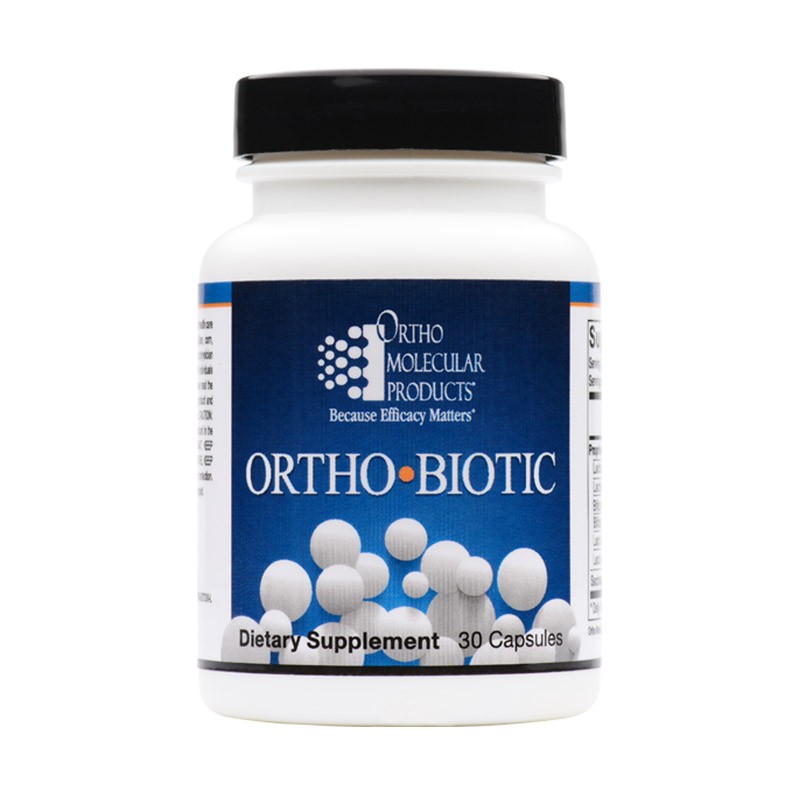 Ortho Biotic is a unique probiotic supplement that delivers helpful microorganisms that promote a healthy gut microflora, help in protecting intestinal integrity and improve the immune function in the body.
Ortho Biotic is a unique probiotic supplement that delivers helpful microorganisms that promote a healthy gut microflora, help in protecting intestinal integrity and improve the immune function in the body. -
Sale!
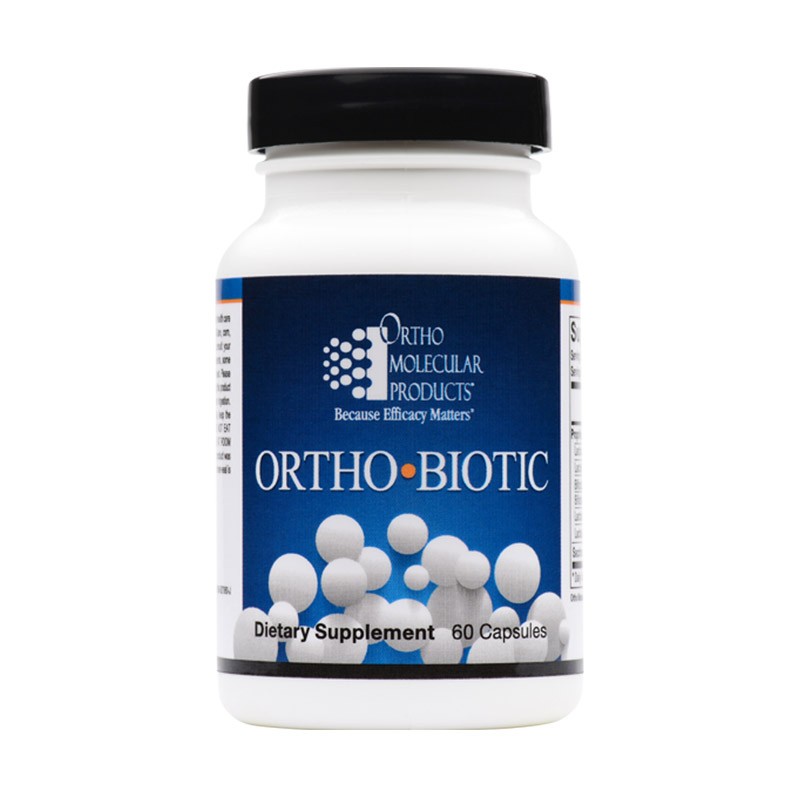 Ortho Biotic is a unique probiotic supplement that delivers helpful microorganisms that promote a healthy gut microflora, help in protecting intestinal integrity, and improve the immune function in the body.
Ortho Biotic is a unique probiotic supplement that delivers helpful microorganisms that promote a healthy gut microflora, help in protecting intestinal integrity, and improve the immune function in the body. -
Sale!
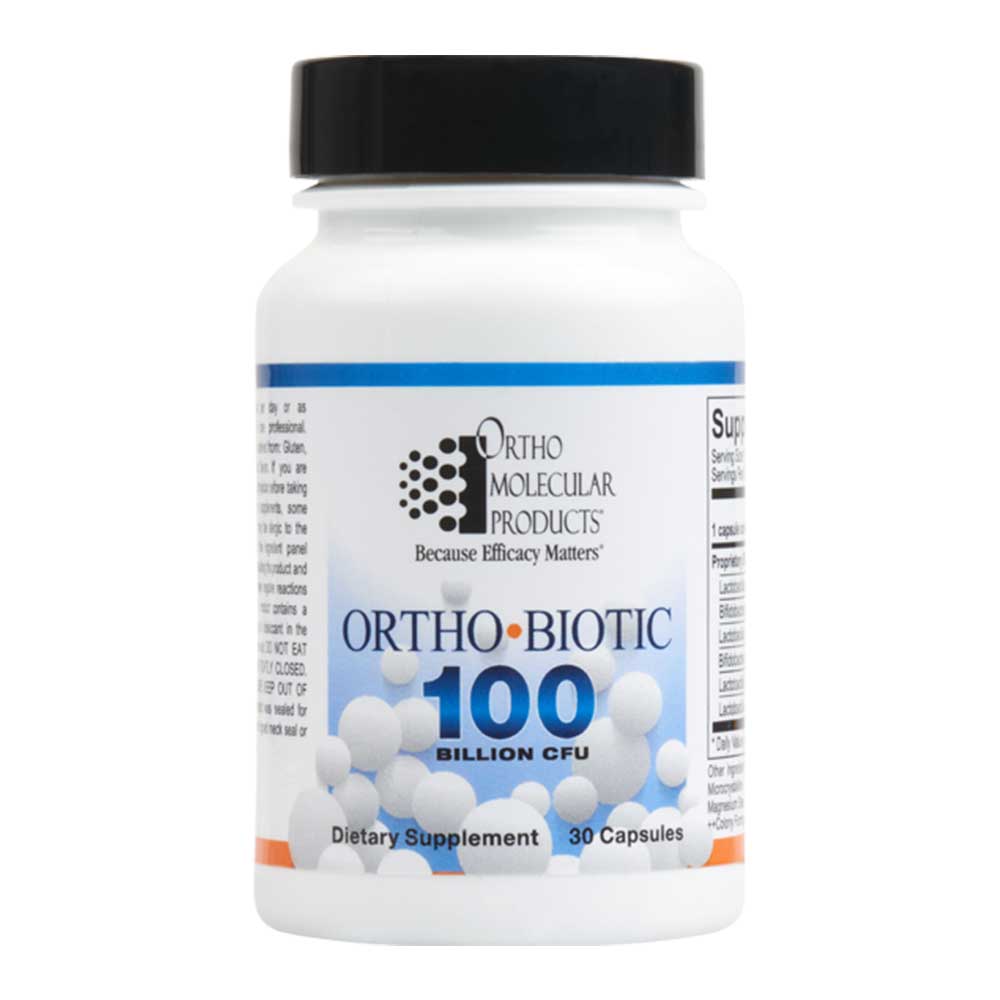 INGREDIENT BENEFITSLactobacillus acidophilus (La-14) Lactobacillus acidophilus is a beneficial bacteria strain that is normally found in the intestinal tract and mouth, and is commercially used in dairy products for the production of acidophilus-type yogurt. L. acidophilus ferments various carbohydrates to produce lactic acid, which increases the absorption and bioavailability of minerals. Lactobacillus paracasei (Lpc-37) Lactobacillus paracasei has been shown to protect against the harmful effects of unwanted bacteria. L. paracasei colonizes the intestinal tract by reinforcing defense mechanisms that support an immune response. Bifidobacterium bifidum (Bb-02) Bifidobacterium bifidum has been shown to effectively compete with harmful bacteria. Bifidobacterium lactis (BI-04) Bifidobacterium lactis is predominantly found in the colon. A double-blind, randomized placebo-controlled trial on subjects receiving B. lactis or placebo for eight weeks found that B. lactis supported a balanced immune response in individuals hypersensitive to environmental allergens. Lactobacillus plantarum (Lp-115) Lactobacillus plantarum is beneficial bacteria commonly found in fermented foods including sauerkraut, pickles, brined olives and sourdough. L. plantarum has been found to compete against unwanted bacteria, due to the production of bacteriocins (lethal proteins) that inhibit bacterial growth. Lactobacillus rhamnosus (GG) Lactobacillus rhamnosus has been proven to have remarkable survivability in the acid and bile environments in the GI tract.
INGREDIENT BENEFITSLactobacillus acidophilus (La-14) Lactobacillus acidophilus is a beneficial bacteria strain that is normally found in the intestinal tract and mouth, and is commercially used in dairy products for the production of acidophilus-type yogurt. L. acidophilus ferments various carbohydrates to produce lactic acid, which increases the absorption and bioavailability of minerals. Lactobacillus paracasei (Lpc-37) Lactobacillus paracasei has been shown to protect against the harmful effects of unwanted bacteria. L. paracasei colonizes the intestinal tract by reinforcing defense mechanisms that support an immune response. Bifidobacterium bifidum (Bb-02) Bifidobacterium bifidum has been shown to effectively compete with harmful bacteria. Bifidobacterium lactis (BI-04) Bifidobacterium lactis is predominantly found in the colon. A double-blind, randomized placebo-controlled trial on subjects receiving B. lactis or placebo for eight weeks found that B. lactis supported a balanced immune response in individuals hypersensitive to environmental allergens. Lactobacillus plantarum (Lp-115) Lactobacillus plantarum is beneficial bacteria commonly found in fermented foods including sauerkraut, pickles, brined olives and sourdough. L. plantarum has been found to compete against unwanted bacteria, due to the production of bacteriocins (lethal proteins) that inhibit bacterial growth. Lactobacillus rhamnosus (GG) Lactobacillus rhamnosus has been proven to have remarkable survivability in the acid and bile environments in the GI tract. -
Sale!
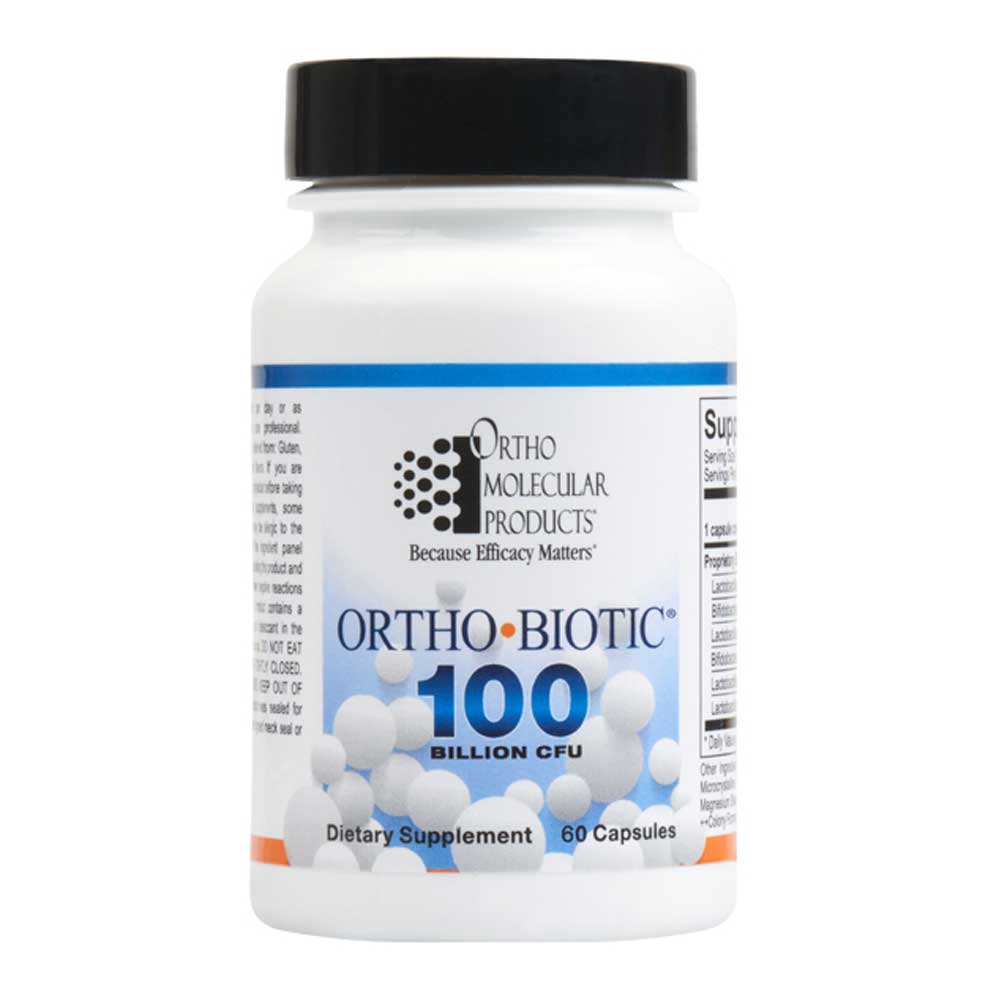 INGREDIENT BENEFITSLactobacillus acidophilus (La-14) Lactobacillus acidophilus is a beneficial bacteria strain that is normally found in the intestinal tract and mouth, and is commercially used in dairy products for the production of acidophilus-type yogurt. L. acidophilus ferments various carbohydrates to produce lactic acid, which increases the absorption and bioavailability of minerals. Lactobacillus paracasei (Lpc-37) Lactobacillus paracasei has been shown to protect against the harmful effects of unwanted bacteria. L. paracasei colonizes the intestinal tract by reinforcing defense mechanisms that support an immune response. Bifidobacterium bifidum (Bb-02) Bifidobacterium bifidum has been shown to effectively compete with harmful bacteria. Bifidobacterium lactis (BI-04) Bifidobacterium lactis is predominantly found in the colon. A double-blind, randomized placebo-controlled trial on subjects receiving B. lactis or placebo for eight weeks found that B. lactis supported a balanced immune response in individuals hypersensitive to environmental allergens. Lactobacillus plantarum (Lp-115) Lactobacillus plantarum is beneficial bacteria commonly found in fermented foods including sauerkraut, pickles, brined olives and sourdough. L. plantarum has been found to compete against unwanted bacteria, due to the production of bacteriocins (lethal proteins) that inhibit bacterial growth. Lactobacillus rhamnosus (GG) Lactobacillus rhamnosus has been proven to have remarkable survivability in the acid and bile environments in the GI tract.
INGREDIENT BENEFITSLactobacillus acidophilus (La-14) Lactobacillus acidophilus is a beneficial bacteria strain that is normally found in the intestinal tract and mouth, and is commercially used in dairy products for the production of acidophilus-type yogurt. L. acidophilus ferments various carbohydrates to produce lactic acid, which increases the absorption and bioavailability of minerals. Lactobacillus paracasei (Lpc-37) Lactobacillus paracasei has been shown to protect against the harmful effects of unwanted bacteria. L. paracasei colonizes the intestinal tract by reinforcing defense mechanisms that support an immune response. Bifidobacterium bifidum (Bb-02) Bifidobacterium bifidum has been shown to effectively compete with harmful bacteria. Bifidobacterium lactis (BI-04) Bifidobacterium lactis is predominantly found in the colon. A double-blind, randomized placebo-controlled trial on subjects receiving B. lactis or placebo for eight weeks found that B. lactis supported a balanced immune response in individuals hypersensitive to environmental allergens. Lactobacillus plantarum (Lp-115) Lactobacillus plantarum is beneficial bacteria commonly found in fermented foods including sauerkraut, pickles, brined olives and sourdough. L. plantarum has been found to compete against unwanted bacteria, due to the production of bacteriocins (lethal proteins) that inhibit bacterial growth. Lactobacillus rhamnosus (GG) Lactobacillus rhamnosus has been proven to have remarkable survivability in the acid and bile environments in the GI tract.


